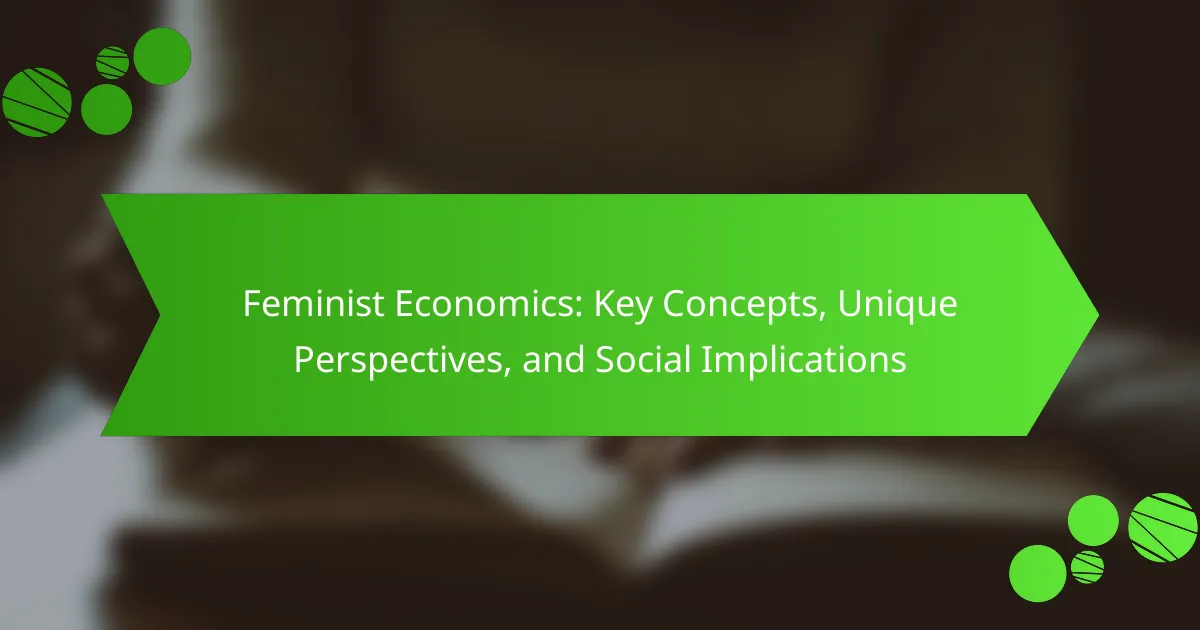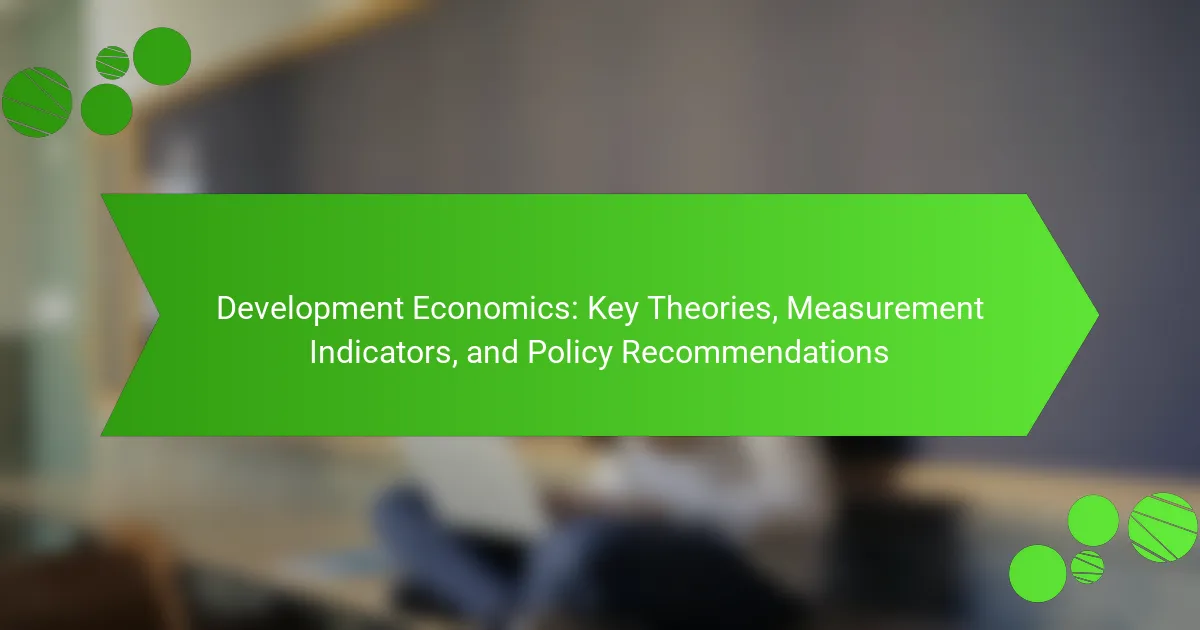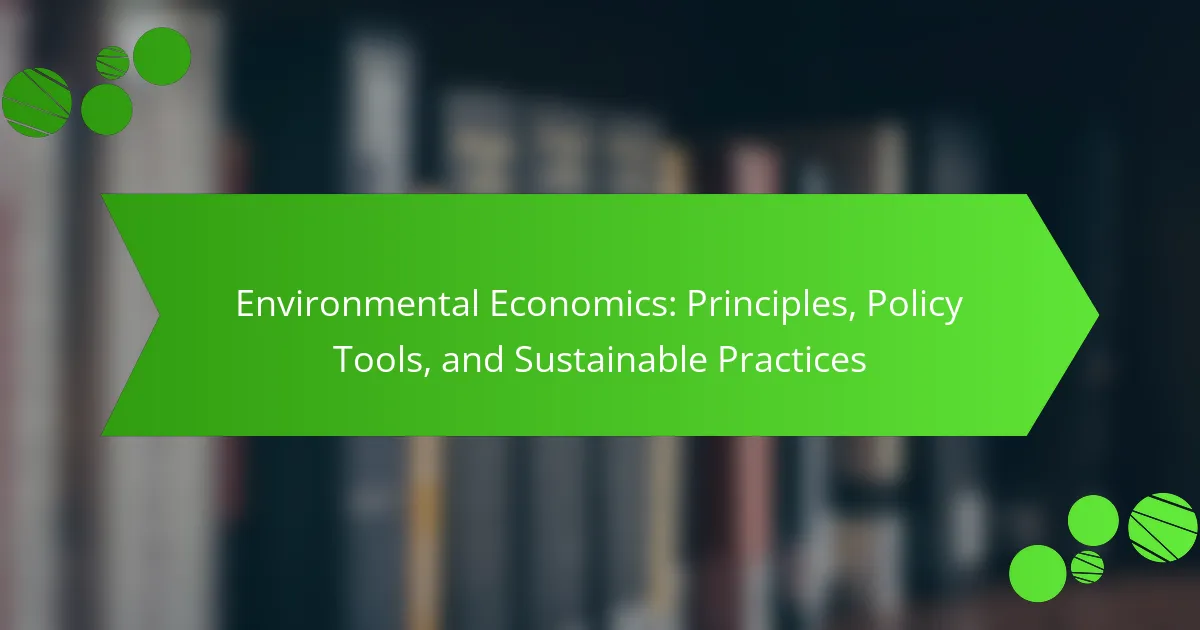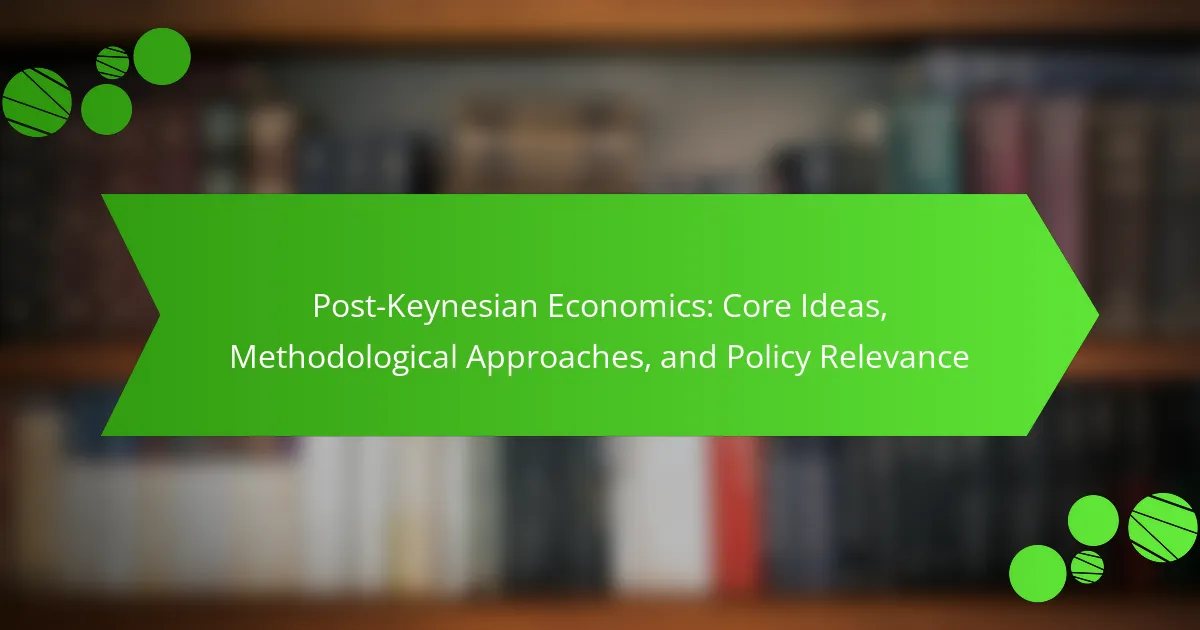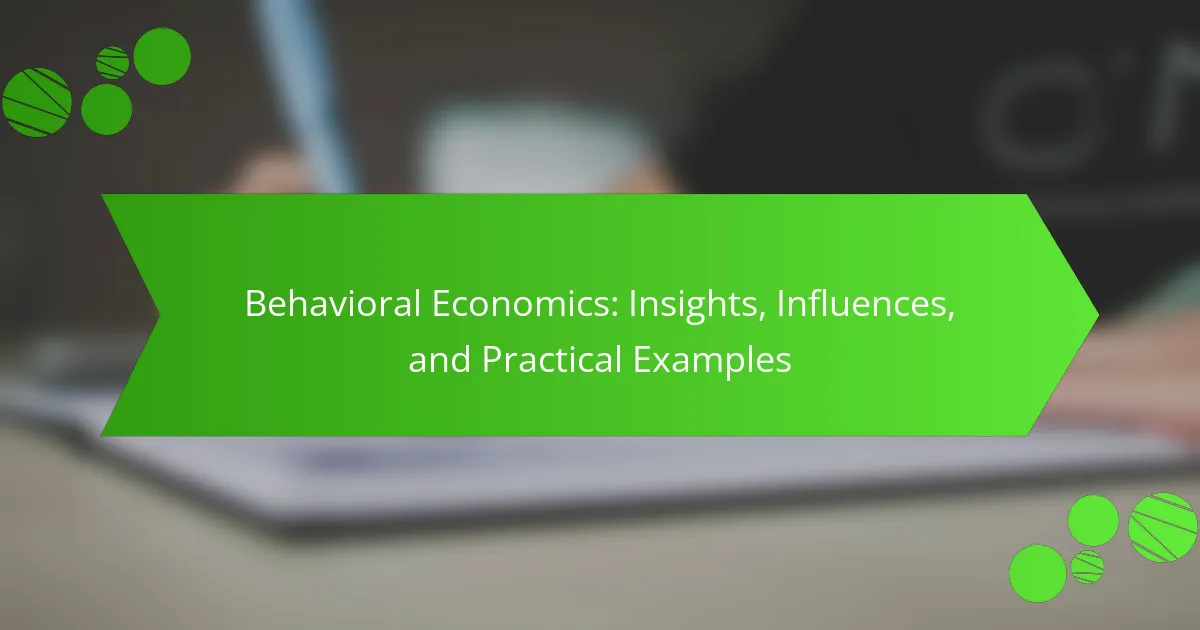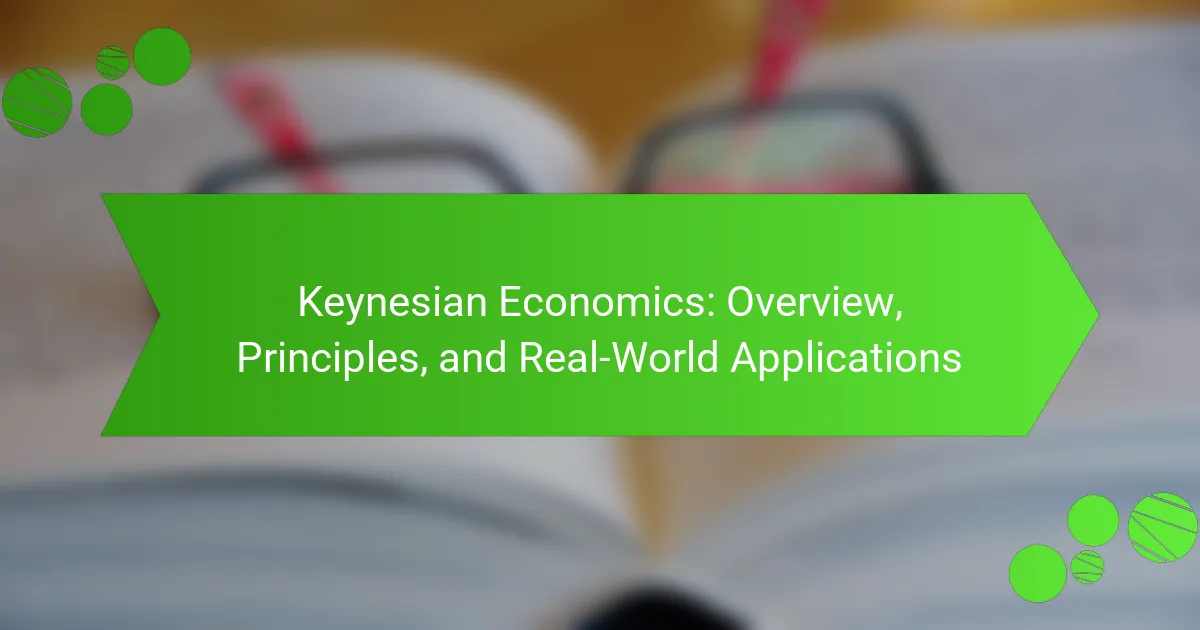
Austrian Economics: Fundamental Theories, Key Proponents, and Contemporary Relevance
Austrian Economics is a prominent school of economic thought that focuses on individual action and subjective value, originating in the late 19th century with economists such as Carl Menger, Ludwig von Mises, and Friedrich Hayek. This economic framework emphasizes the significance of free markets, entrepreneurship, and the limitations of government intervention, while also critiquing central…

